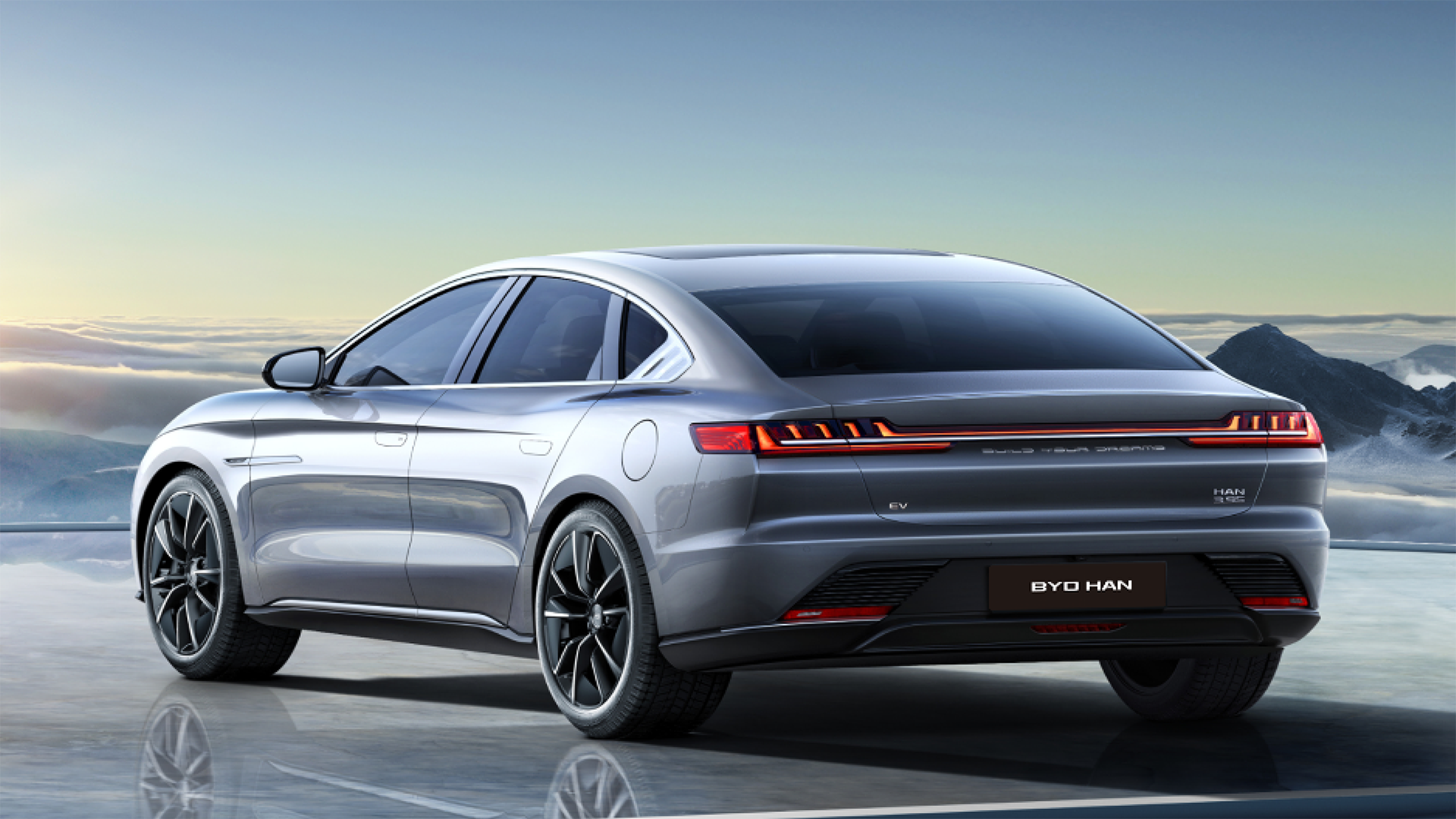BYD reported a 21% rise in Q2 sales and is aggressively expanding beyond China, including opening its first stores in Vietnam, where Tesla hasn’t started sales. BYD has also ramped up marketing in Singapore, a small but wealthy island with high vehicle taxes.
BYD’s Ascendancy Over Tesla in Singapore and Southeast Asia: A Closer Look
BYD, the Chinese electric vehicle (EV) manufacturer, has extended its lead over Tesla in Singapore during the first half of this year, as revealed by recent government data. BYD Overtakes Tesla in Electric Vehicle Market in Singapore and Southeast Asia. This development highlights the competitive landscape faced by Tesla, the world’s largest EV manufacturer, in a region where Japanese and South Korean gasoline car brands have traditionally dominated.
BYD’s Growth in Singapore and Southeast Asia
In Southeast Asia, Tesla has struggled to establish a strong foothold, making BYD’s significant growth in Singapore particularly noteworthy. BYD’s ambitious expansion in the region underscores its intention to dominate the Southeast Asian market. The company has already made substantial progress, identifying Thailand as its largest overseas market and forming partnerships with local conglomerates to expand its distribution network.

Meanwhile, Tesla has faced challenges, reporting its lowest profit margin in over five years and missing Wall Street earnings expectations for the second quarter. The company cited intense price competition from rivals and a slowdown in global EV demand as the primary reasons for these setbacks.
BYD’s Strategic Moves
In contrast, BYD has reported a 21% increase in second-quarter sales and continues its aggressive expansion beyond China. A notable milestone in this expansion is the recent opening of BYD’s first stores in Vietnam, a market where Tesla has not yet commenced vehicle sales. This move is part of BYD’s broader strategy to establish a strong presence in emerging markets before its competitors can gain a foothold.
BYD has also intensified its marketing efforts in Singapore, a small but affluent island nation with high vehicle taxes. The company has launched two restaurants themed around its car models, offering customers a unique experience where they can dine and arrange test drives. This innovative approach has contributed to BYD’s growing popularity in Singapore.
Singapore’s Electric Vehicle Market

In Singapore, BYD’s electric vehicle sales surged 83% in the first half of this year compared to the entirety of 2023, reaching 2,587 units. Tesla, on the other hand, sold just 28 more cars than the previous year, with a total of 969 Teslas on the road. These figures illustrate BYD’s rapid growth and increasing market share in Singapore.
Both BYD and Tesla face similar pricing dynamics in Singapore, where prospective car owners must purchase a certificate costing approximately S$100,000 ($74,000). Despite this high entry cost, Singapore’s commitment to halting the sale of combustion-engine vehicles by 2030 has fueled the growth of the EV market. During the first half of this year, electric vehicle sales accounted for about a third of total vehicle sales in the city-state.
Tesla’s Challenges in Southeast Asia
In the broader Southeast Asia market, Tesla’s market share declined to 4% in the first quarter of this year from 6% a year earlier, despite a 37% growth in the overall electric vehicle market during the same period, according to Counterpoint research firm. This decline indicates that Tesla faces significant challenges in maintaining its market position in the region.
Conclusion
BYD’s expansion in Southeast Asia, particularly in Singapore, demonstrates the company’s strategic vision and ability to capitalize on emerging markets. By identifying key opportunities and forming strategic partnerships, BYD has positioned itself as a formidable competitor to Tesla in the region. As the electric vehicle market continues to evolve, it will be interesting to see how these dynamics play out and whether Tesla can regain its footing in Southeast Asia.
BYD’s success in Singapore and its strategic moves in Southeast Asia highlight the competitive landscape and the importance of timely and effective market entry. As both companies navigate the challenges and opportunities in the region, the race for dominance in the electric vehicle market remains dynamic and unpredictable.
Why has BYD surpassed Tesla in electric vehicle sales in Singapore?
BYD’s success in Singapore can be attributed to its aggressive marketing strategies, including themed restaurants where customers can dine and arrange test drives, as well as its ability to offer competitive pricing despite high vehicle taxes. Additionally, BYD’s expansion into Southeast Asian markets, like opening stores in Vietnam, has bolstered its regional presence.
What challenges is Tesla facing in the Southeast Asian market?
Tesla has faced several challenges in Southeast Asia, including intense price competition from rivals, a slowdown in global electric vehicle demand, and difficulties in establishing a strong foothold in markets dominated by Japanese and South Korean gasoline car brands. Tesla’s market share in the region has also declined, highlighting the competitive pressure it faces.
How is BYD expanding its presence in Southeast Asia beyond Singapore?
Beyond Singapore, BYD has identified Thailand as its largest overseas market and has forged partnerships with local conglomerates to expand its distribution network. The company has also recently opened its first stores in Vietnam, marking another significant step in its regional expansion.
What impact have Singapore’s high vehicle taxes had on the electric vehicle market?
Despite Singapore’s high vehicle taxes, where prospective car owners must purchase a certificate costing approximately S$100,000 ($74,000), the electric vehicle market has seen substantial growth. This is partly due to the government’s commitment to halting the sale of combustion-engine vehicles by 2030, which has driven up the demand for electric vehicles.
What are the future prospects for electric vehicle sales in Southeast Asia?
The future prospects for electric vehicle sales in Southeast Asia are promising, with a significant increase in overall market growth. Companies like BYD, which are making strategic expansions and forming local partnerships, are well-positioned to capitalize on this growth. However, competition remains fierce, and market dynamics will continue to evolve as more players enter the region.



